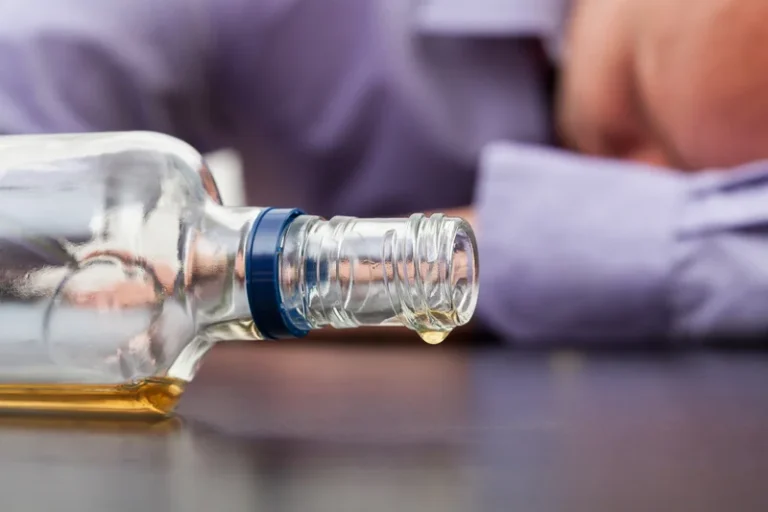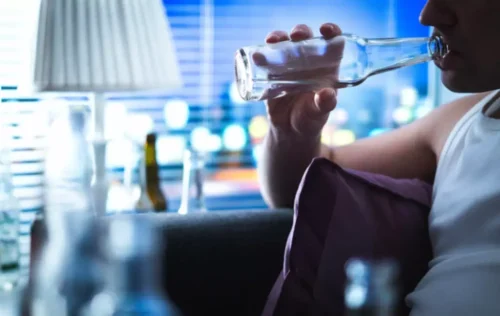“One of the most common symptoms of seasonal allergies is what’s called ‘allergic rhinitis,’ or basically, sneezing and a runny or stuffy nose,” Hultin says. The only solution for alcohol intolerance is to completely avoid alcohol. If a person thinks they have an alcohol allergy, they should eliminate alcohol from their diet and consult with a healthcare professional.
- If you’re starting a new medication, it’s always a good idea to talk with your healthcare provider or pharmacist about how your medication can interact with alcohol.
- To avoid a reaction, avoid alcohol or the particular substance that causes your reaction.
- Craft beers with more natural brewing processes and higher levels of polyphenols, like certain ales and stouts, could offer slight antioxidant benefits.
- Sneezing from chemical and physical irritants is not due to the release of histamine, so most antihistamines would not be expected to help in these cases either.
Can you suddenly develop an alcohol allergy?
A person with severe allergies should carry one with them at all times, in case of a serious allergic reaction. A skin prick test should take place in a medical setting in case of a severe allergic reaction. The healthcare professional uses a lancet to pierce a person’s skin and apply a small amount of the suspected allergen to see if it causes a reaction. However, standardized skin testing using different types of alcohol is not currently available. Those with a genuine alcohol allergy should completely avoid alcohol. Researchers are exploring the complex relationship between alcohol and allergic reactions.
Common Sneezing Causes and Triggers
No one can avoid all germs, but there are ways to help lower the risk of illness. Make sure you understand the school’s policy on when your child can return to school. When the germs that cause COVID-19 are spreading in your area, masks can lower the risk of infection.
Alcohol Withdrawal Symptoms: What Does Detoxing Feel Like? A Timeline
Many people are familiar with common side effects of alcohol, including lowered inhibitions, euphoria (i.e., feeling “tipsy”), decreased coordination, and hangovers. However, alcohol can also have effects with which many people may not be familiar. Here are five surprising side effects of alcohol you should know about. However, only two of the 68 participants have a medically diagnosed allergy. This figure represents people whose symptoms are traceable to what the manufacturers made the product from and its production process, not the alcohol itself.
- If you’re concerned that you have an allergy, your GP will be able to help.
- Colds cause mucus production, which in turn stimulates various nerves within the nasal mucous membranes.
- Just as grapes can become wine, table fruit that becomes too ripe might contain enough alcohol to cause a reaction in someone with an alcohol allergy.
- The nasoocular reflex involves a connection between the eyes and nose, which causes stimulation of nerves within the nasal mucous membranes.
- This figure represents people whose symptoms are traceable to what the manufacturers made the product from and its production process, not the alcohol itself.
It can also happen in people who have a genetic defect in the aldehyde dehydrogenase 2 (ALDH2) gene. People with this defect aren’t able to metabolize alcohol as quickly as others, which leads to a buildup of a compound called acetaldehyde that is known to cause skin flushing. Another reason why alcohol can cause wheezing is that it not only contains histamines but also stimulates the body sneezing after drinking alcohol to release excess histamines, causing an inflammatory response. When this inflammation occurs in the airway, patients can experience wheezing and shortness of breath. When this blood-brain barrier isn’t protected as it should be, the brain is more susceptible to headache-inducing triggers. If the allergic reaction is more severe, people may require epinephrine, also known as an EpiPen.
“Your doctor will decide if allergy testing is needed or if the problem is non-allergic (for example histamine intolerance or sulphite sensitivity testing will not be useful here).” It’s pretty normal to feel ropey the day after drinking alcohol (especially as so many of the most popular hangover cures are actually myths, sorry). Booze can cause us to experience everything from headaches to nausea the morning after, and can also impact on mental health conditions, such as anxiety or depression, too. But what about if you feel funny while you’re still mid-drink?
Alcohol intolerance is caused by a genetic condition in which the body can’t break down alcohol efficiently. The only way to prevent these uncomfortable reactions is to avoid alcohol. Any kind of sweet beverage that’s heavy in its use of added sweeteners can exacerbate allergy symptoms, and are potentially one of the worse drinks for allergies.
Allergies occur when the body responds to an allergen (for example, an ingredient in beer). When this happens, your immune system overreacts because it sees the allergen as foreign. Your body creates antibodies to fight the allergen the way it would a pathogen. Histamine intolerance may cause a reaction when you drink beer.






